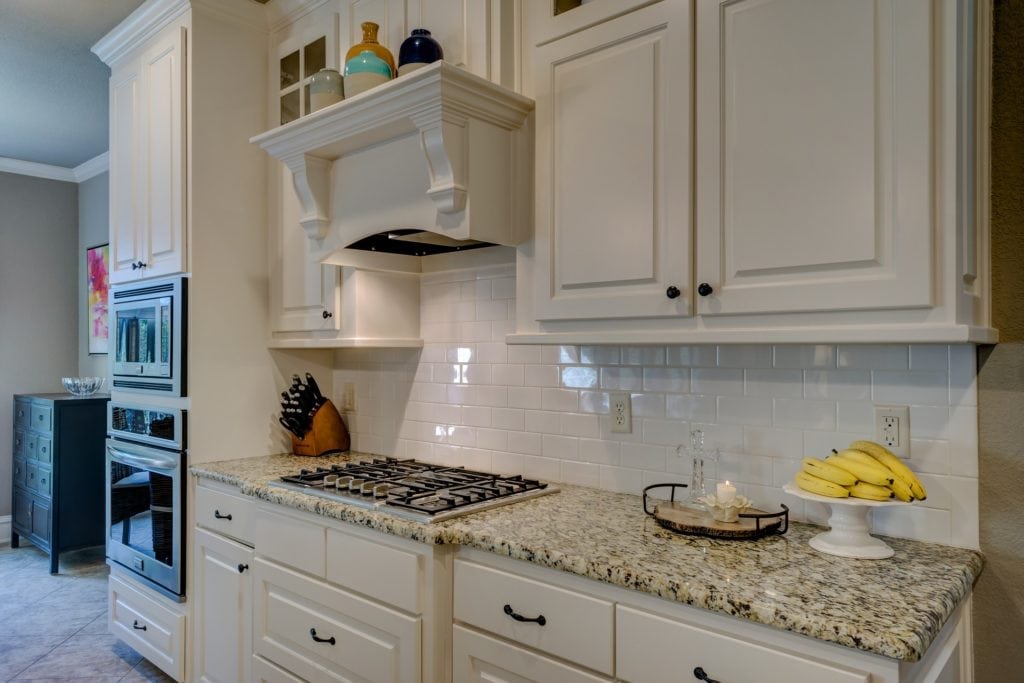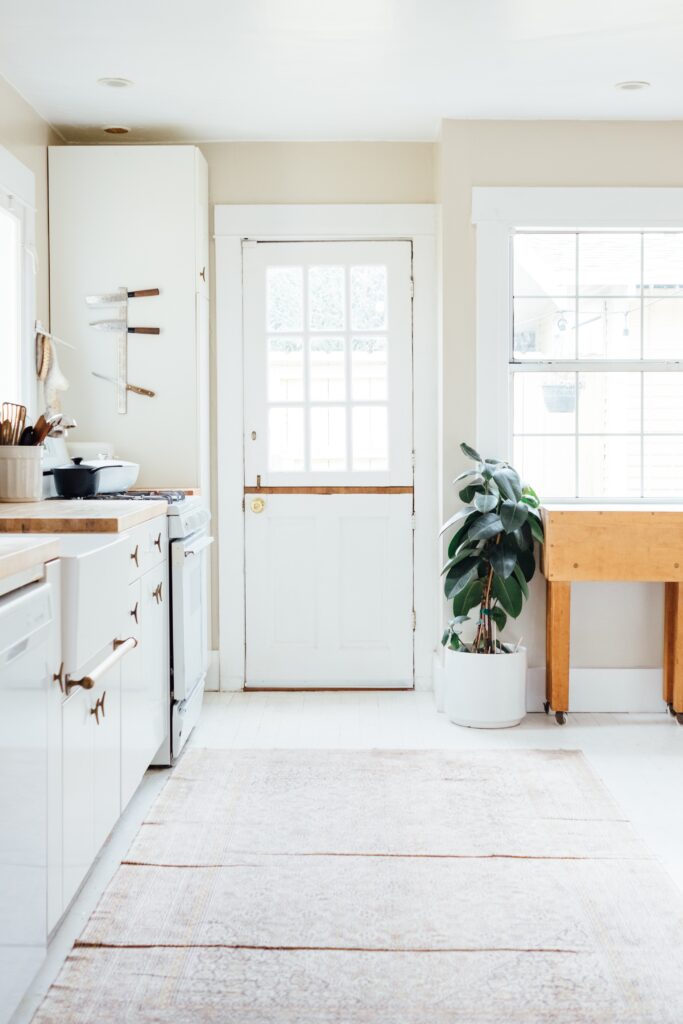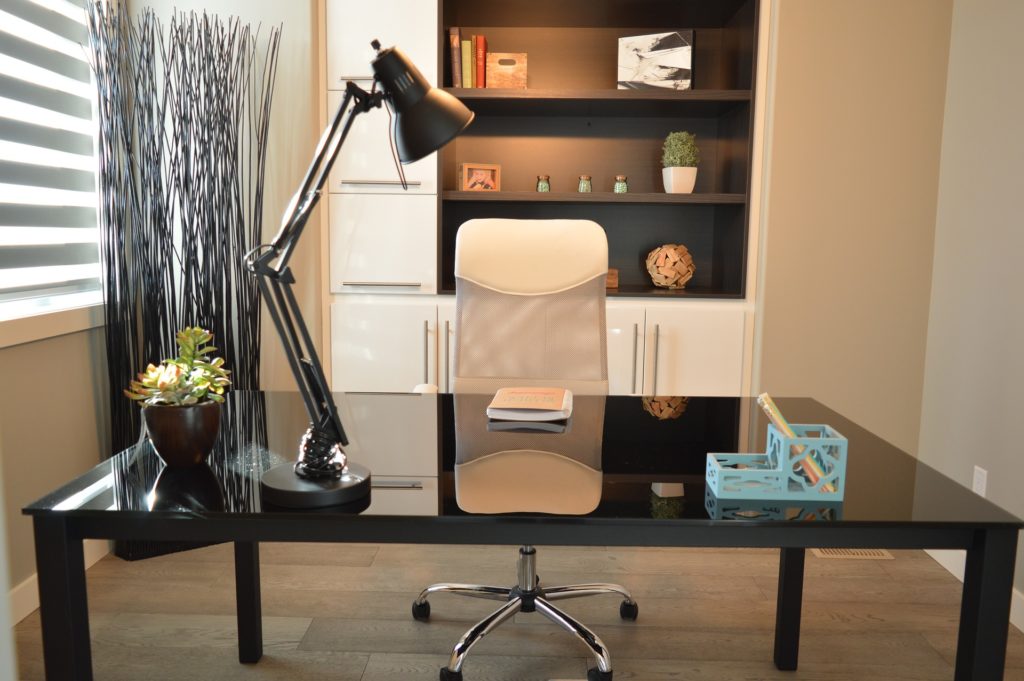DIY Budget Tips
Before you start a DIY Project – Make sure you Set a Budget
Use the DIY budget tips to help you decide what design work you can achieve with the money you have and the needs you want to achieve. Sound planning and use of a budget will provide you with the best way to achieve a successful project and not make you broke at the same time. There are many questions to be asked when undertaking a design DIY project, and these can be grouped into four areas:
Practical, Budgetary, Aesthetic and Maintenance
This article covers DIY Budget advice, read the questions and use the prompts to get your answers and set yourself up a budget for your own project.
Budgetary Advice
Have you established how much you want to spend?
Don’t just guess a figure, the easiest way to get a budget is to prepare a sketch plan and get a quantity surveyor to provide a rough estimate so you can make a realistic budget. At this stage you have somewhere to start. If it is too high, you can prioritize the things you really want to do and leave out those that were luxuries, if it was lower than you thought you can add a few luxuries or simply not spend as much.
Thinking of alternative ways to use your money wisely, if you were to renovate your kitchen for example, the new appliances could be paid off over time leaving more money to spend on the space.
Once you have a budget figure. For safety’s sake add a contingency sum.
This covers any event that may occur, usually an unforeseeable, undesirable one. Allow 10% of the budget figure and add that on top. Keep this to one side as you may not require it, but it is best to have the finance ready, as when renovating you never know what may be hiding behind the wall linings or under the floor! You want to make sure you can finish your project.
Is there a possibility of Hire Purchase to extend your budget?
For example, if you were to renovate your kitchen, the new appliances could be paid off over time leaving more money to spend on the space.
Do you think you have enough money to do the job?
If not, can you take out a loan? If you are making improvements to the house, get a valuer to value your property along with the alterations that you are going to make, send it off to the bank and as you will be adding more value to the property, they generally allow you to borrow more money (assuming you can still comfortably repay the debt).
Can you do all of the work yourself or are experts required?
It is often more cost-effective in time, materials and tempers to hire an expert in specialized areas. Sanding back a floor using hired equipment can take hours and hours and is extremely messy – call in the professionals who have commercial equipment and it can be a lot quicker, cheaper and easier on everyone’s nerves.
Have you looked into the market prices for the things you want to do? Is your budget realistic?
Go window shopping! Get prices on appliances, furniture, flooring product, light fittings etc. Can you save more if you purchase it all from one place, are there other ways to buy them? Can you buy them at auction, garage sale, friends of friends etc. Think about your time too. Sometimes it is cheaper to pay someone $25 an hour to paint the walls while you work and earn $35 for example.
Making renovations can be expensive, but with setting yourself a realistic budget figure and then prioritizing the items in the project you can achieve amazing renovations, you just need to be sure to get it all on paper first, then you can start working out what is most important in the space and go down your list from there, I am sure you will be greatly surprised at what you can achieve.
Will the changes you make and the money you spend be of value to the property or are you better off selling and buying a new one which suits your needs better?
This is a major decision. People often become attached to a house but no matter how much money you throw at it to make it fit sometimes you just outgrow (or the family leaves) a home. Your money could be better spent purchasing something bigger or smaller with less maintenance to do.
List up the items that you want to change, and the new things that you want (your wish list!) in order, so that as the budget is set up you will be able to prioritize the work to fit the budget and time frame.
Life can be a lot simpler if you tackle small projects at a time. Sometimes this method is not cost-effective if you are employing people to do the work, but for DIY projects starting and finishing are most important. There are thousands of DIY’ers out there who have their whole home in pieces and the family has to live in a construction site. Not comfortable.
More tips to help with your DIY projects.
Aesthetic Tips
Maintenance Tips
Budgetary Tips
If you enjoy doing DIY projects, have you thought about making Interior Design your career? We can help you make changes in your life to fit learning Interior Design into your life.
Take a look at our online course “Beginners Guide to Interior Design” it could be just what you need to get you motivated to change and do something you love as a career. Start Today!



